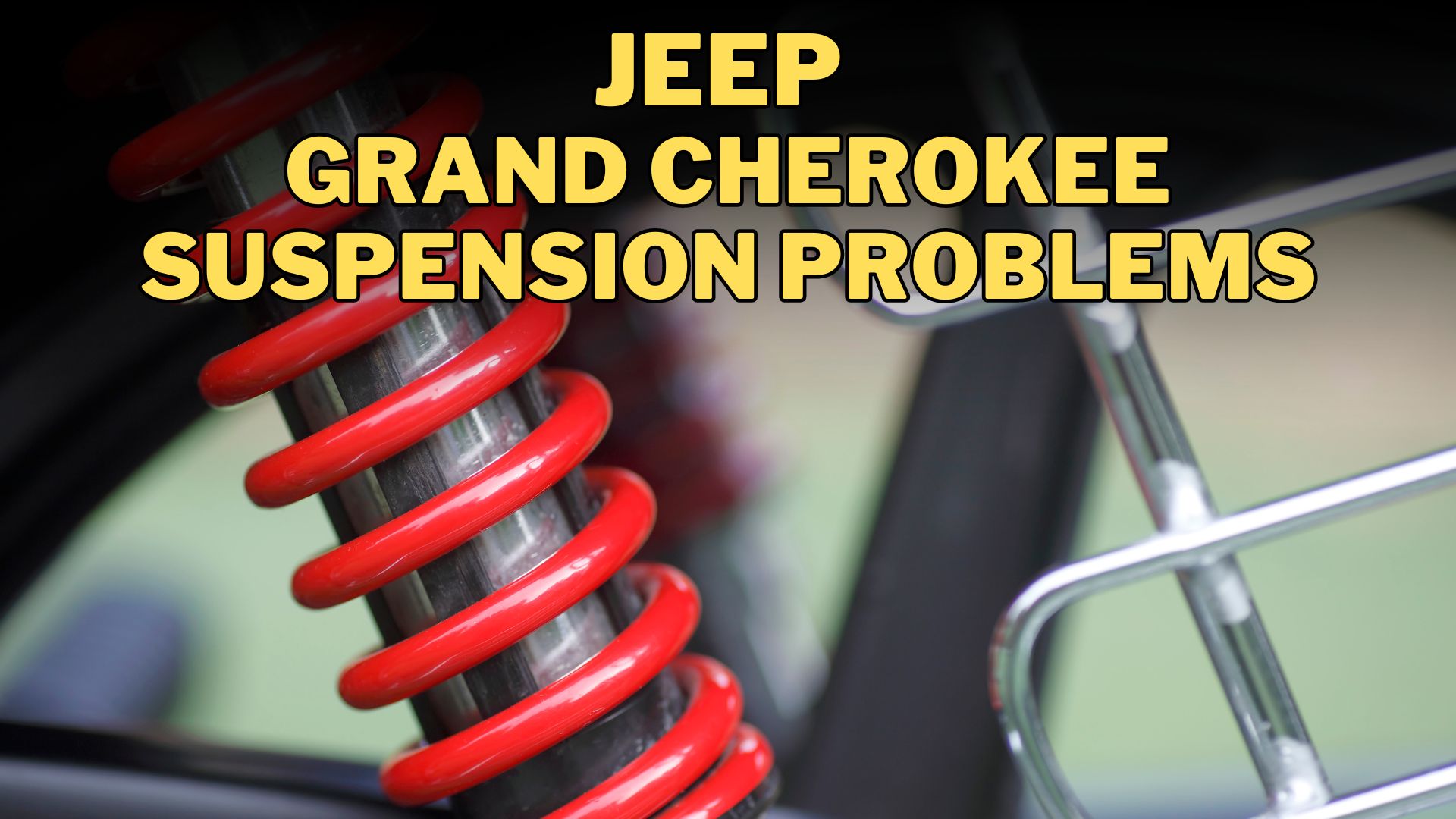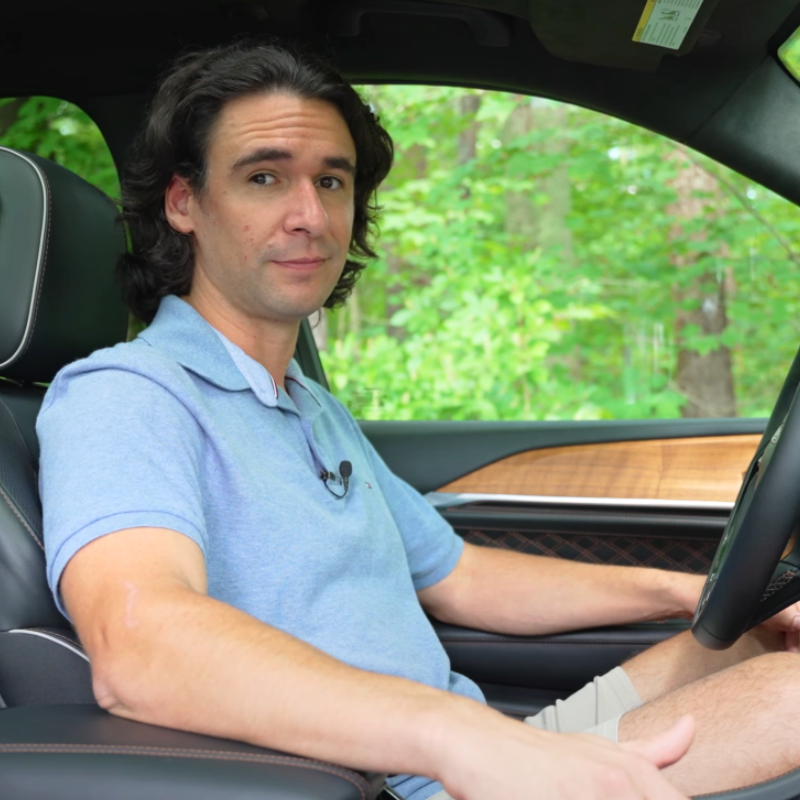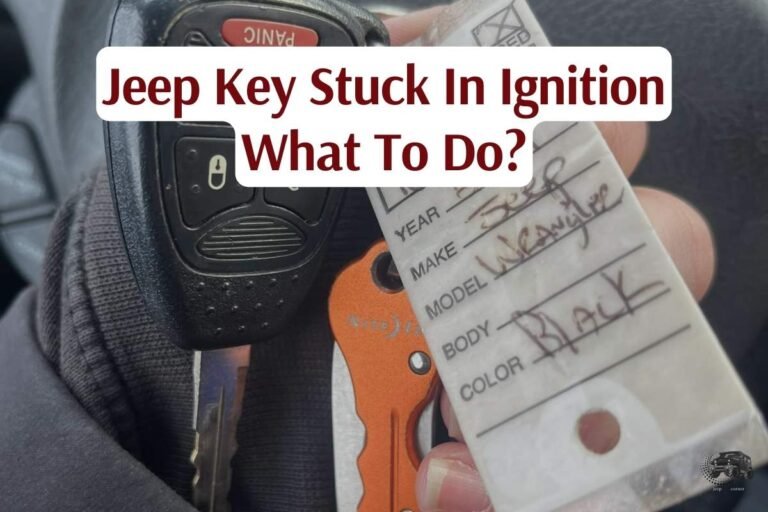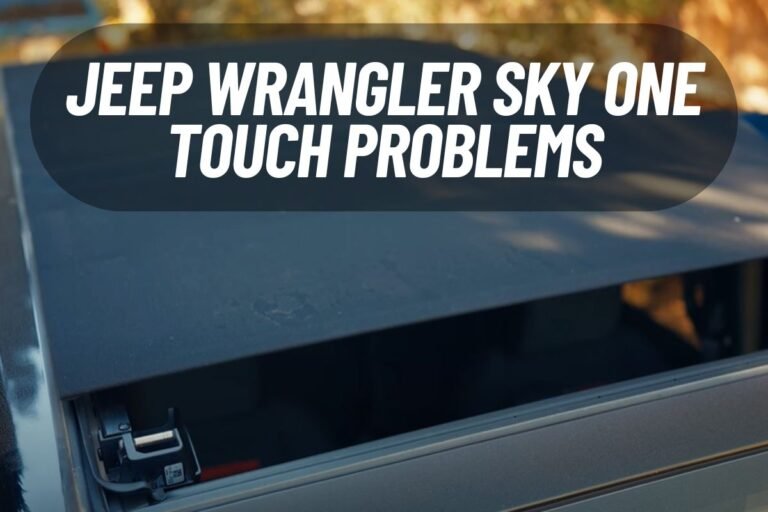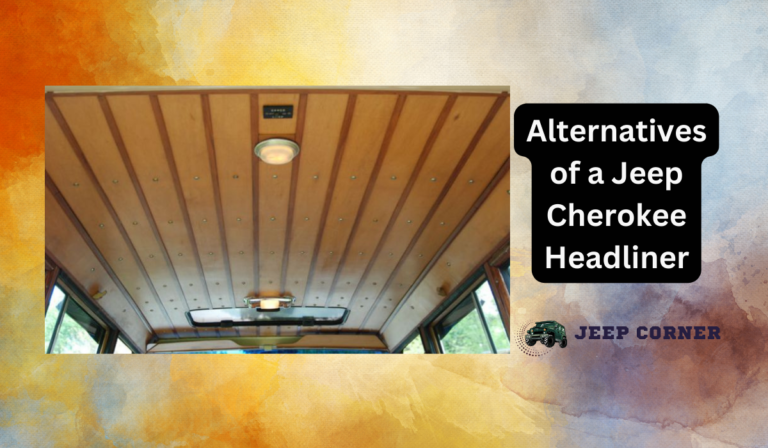Jeep Grand Cherokee Suspension Problems: Causes And Fixes
Jeep Grand Cherokee uses the Quadralift air suspension. Generally, it runs smoothly. However, in some cases, it shows problems after not being used for a long time. Moreover, leaks in the various parts of the suspension system, worn-out air springs, leaky airline and faulty compressors also occur.
You should know how to fix Jeep Grand Cherokee suspension problems, because suspension is very important. Resetting the suspension system solves the problem that occurs after long breaks. Thus, replacing damaged parts and repairing leaks should also be a priority.
There are some causes behind the problems of suspension. Moreover, the suspension system will give you alarms whenever there is a problem. However, proper maintenance can prevent it. Keep reading to know more.
Table of Contents
What Are The Indications of The Suspension Problem?
To be certain of the suspension malfunction, you need to pay attention to some signs. All or some of these indications will be given by your Jeep Gran Cherokee, whenever there is a suspension defect:
Front part noises
The traction control failure of the car will produce this noise, which will increase while driving.
Back end noise
At times as you drive, you will experience noises from the backside of your Jeep. Traction control malfunction also fuels this problem.
Shock absorber issues
Due to oil leaks and too much driving, the shock absorbers tend to fail. You can easily feel it while going through rough areas. Noises are accompanied by bumpy rides whenever this happens. In this case, a bounce test will make sure for you, which I will discuss later.
Control arm defect
As the suspension directly hampers the steering, you will eventually lose control over the steering.
Car height problem
You might notice your car has a reduced height, visually or while riding. This is one of the most common signs of air suspension problems. Likewise, your car might look saggy as the suspension won’t keep it at the right height.
Nose diving
When you want to stop the car, you might have to hassle a bit. This might seem like nose-diving to you. It is a serious problem, which is also caused by the suspension.
Air leak
If the suspension is worn, it causes air leaks frequently. You might need to look for noises to be sure of this.
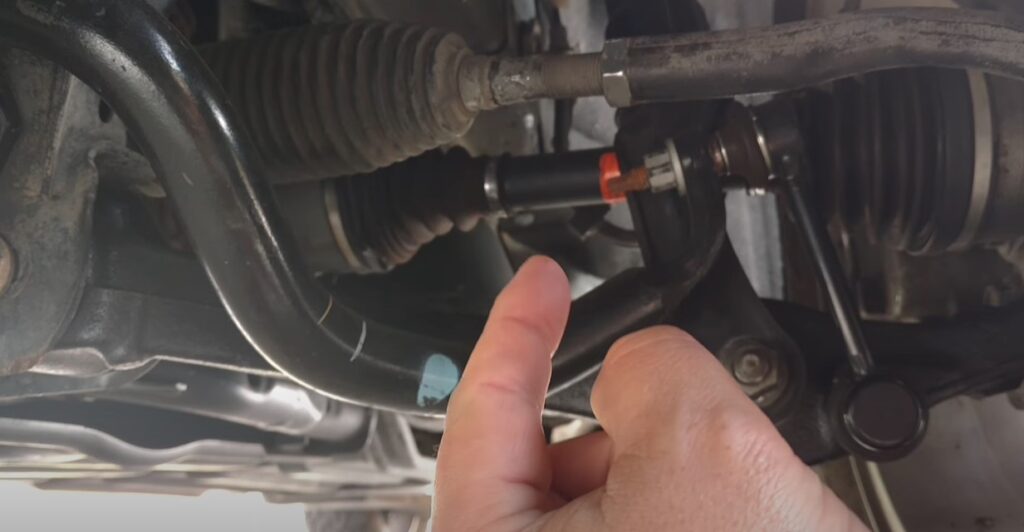
What is The Bounce Test?
The bounce test is an effective way to find faults in the suspension system, especially the shock absorbers. It’s an easy test, but the result of this test can be decisive in making your Jeep better.
Here’s the process:
- You need to choose one corner of the car
- Then put downward pressure on the bumper of that corner
- Notice how the bumper bounces back
- Repeat this for every corner of your Jeep
If the bounce back takes time or moves before settling, your suspension is faulty. Otherwise, it’s fine.
What Are The Problems of Grand Cherokee Suspension?
There can be 3 types of problems with your car suspension:
Problem after long breaks
A warning message mentioning “immediate air suspension service required” is something all the users have faced every once in a while. This mainly happens when you haven’t used the car for a month or so and in cold weather.
Leaks
Any sort of leak in the suspension system makes the car bow down more than usual. The front bumper most of the time gets near the wheel because of this. To be sure, you have to carefully diagnose the hose, and also need to find if there is any kind of noise.
Parts problem
The parts under the suspension system can get damaged for many reasons. Let’s see some of the common problematic parts:
Air spring
If the flexible components of the air spring are worn, this causes problems to the whole suspension system.
Air lines
Leaks in the airlines can cause disturbances in the airflow from lines to springs. This damages the suspension system.
Compressor
A compressor is also part of your Jeep’s air suspension system. When your suspension works perfectly for a long period, this can wear the compressor as a normal effect.
What Are The Usual Causes of Suspension Malfunctions?
The causes include:
- Too much weight in the car
- Frequent rough area rides
- Aggressive driving
- Too long drives
- Lack of inspection
- Long-term internal problems
- Internal misalignment of the parts
Is It Okay to Drive with A Faulty Suspension?
Although it’s possible, it’s not recommended. There can be certain risk factors associated with this such as:
- Possibility of losing the grip of the vehicle due to steering vibrations
- Significant damage to the engine and the mileage will put high pressure on the engine
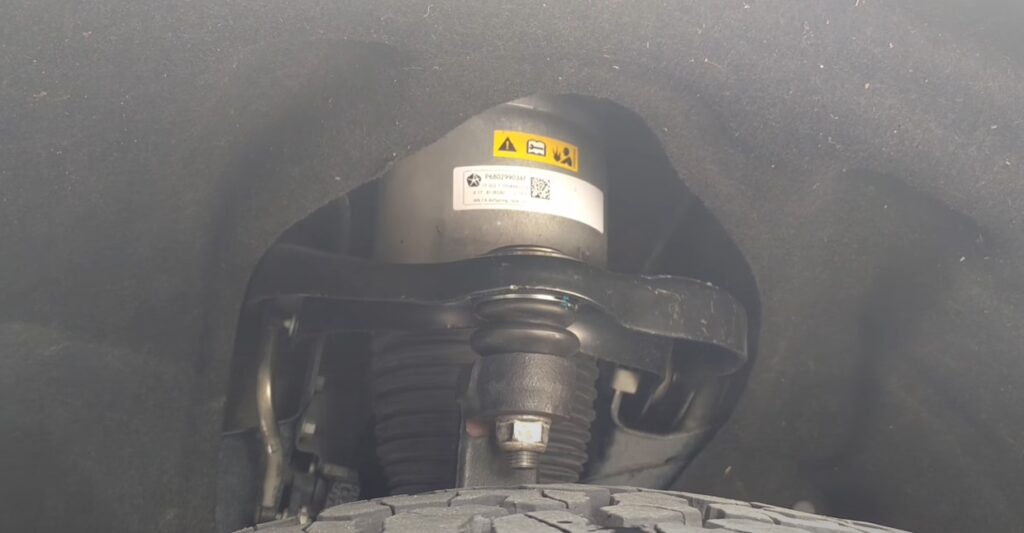
How to Fix Jeep Grand Cherokee Suspension Problems?
Let’s discuss the fixes to the above-mentioned problems:
Problem after long breaks
In this case, you’ll need to reset the suspension system in the following way:
- First, pull out both battery terminals for 10 minutes
- Then disconnect the F05, F50, and F87 fuses
- Connect all the components that were disconnected in the first two steps
- Start the car and wait for 10 minutes
- Finally, give a checkup of the car’s height to know about the suspension
If you’re a noob in this type of thing, you better consider professional help.
Leaks
You can follow this video to change the hoses to fix this problem. If it’s tough for you, consult a mechanic.
Parts problem
You will have to replace all the parts that are faulty to get rid of this problem.
What Can Be The Estimated Cost of The Fix?
You won’t need a single penny for the installation if you can DIY it. However, if you seek professional help, the labour cost will be included in the price of the system.
So, the entire suspension system of the car will cost around $1200 to $2600. And for installation, you’ll have to pay $200 to $230 which can vary depending on the area.
Was There Any Recall Case for The Suspension Problem?
The National Highway Traffic Safety Administration says that the 1993–2004 and 2014 models of Jeep had a rear-end collision, and their fuel tanks were removed. That causes fuel leakage and fires. Thus, this enforced a recall of these models.
What Are The After Effects of Suspension Problem?
The wheels and the steering handling undergo the biggest blow due to the suspension problems. That’s because:
- It makes the steering stiff
- This causes the steering to get slippery and loose
- Vibrates the steering
- Makes the wheels bouncy, causing difficulties in turning
How to Maintain a Good Suspension System?
Here are some tips to help you maintain a good suspension system for your Jeep:
- Avoid rough driving and driving in rough areas as much as possible
- Regularly check the steering, shock absorbers, and hoses of your car
- Don’t delay any troubleshooting
- Consider scanning the OBD for DTC codes if you’re considering DIY for troubleshooting
- Try to avoid any kind of wearing as much as possible
- Don’t overweight your Jeep
- Frequently check the situation of the wheels and tires
- Consider using high-quality components
FAQs
Let’s look at some more questions that also come to people’s minds:
In which Jeep Grand Cherokee model years are suspension issues the most prevalent and least prevalent?
The problem is most prevalent in the 2011 and 2014 models and least prevalent in the 2009–10 models.
Which Jeep Grand Cherokee suspension lasts longer, the front or rear?
The rear suspension is reportedly the long-lasting one if taken proper care of.
Final Thoughts
The suspension system controls the steering and handling. Thus, the absorbers are also crucially involved here. So any type of problem in this system disturbs the comfort and safety of the passengers greatly. Rough and long drives, overweight, and ill-maintained vehicles hamper this system.
In this case, the solution to these problems mostly lies in avoiding the causes with a little caution. Taking professional help can also be a good idea if needed. However, it’s better not to have such scenarios.
And hopefully, after reading this article, your Jeep Grand Cherokee’s suspension problems will be resolved.
You may also like
-
All You Need To Know About Jeep 3.8 Engine Replacement Cost
-
10 Common Jeep Engine Problems with Solution
-
How To Reset Check Engine Light On Jeep Wrangler: 6 ways
-
Jeep Yj Mirrors Doors off: Ultimate Guide to Style & Safety
-
Jeep Grand Cherokee Remote Start Disabled Start Vehicle to Reset: Quick Fix Guide
-
Best Wheels for Jeep Wrangler JL: Top Picks for 2024 Reviews

